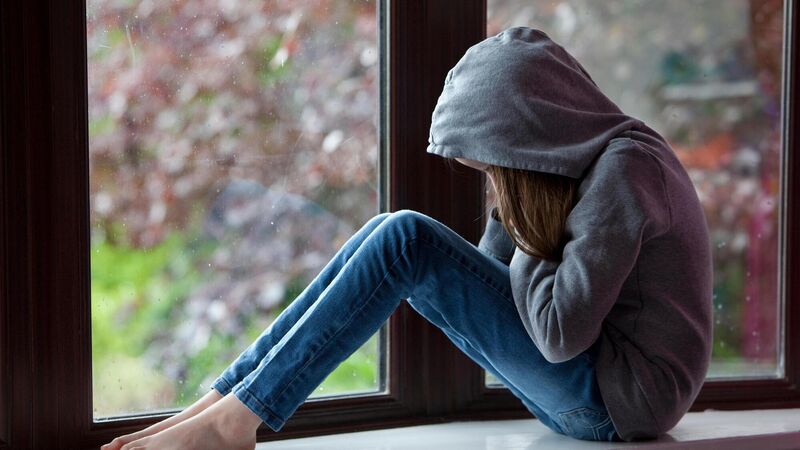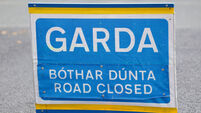Mental Health Bill may delay treatment for teenagers, Oireachtas committee hears

There are approximately 2,000 involuntary admissions each year in Ireland. File photo
It is unclear whether the Mental Health Bill will help teenagers in crisis, including those in Kerry, with some sections likely to cause delays rather than improvements, the Oireachtas Health Committee heard on Wednesday.
Shortages of specially trained authorised personnel to assist patients in crisis were also discussed by An Garda Síochána, in light of a new project in Limerick.











